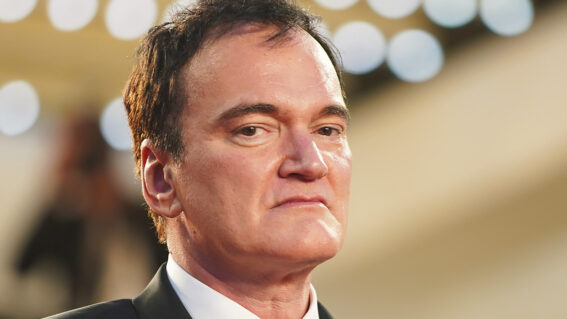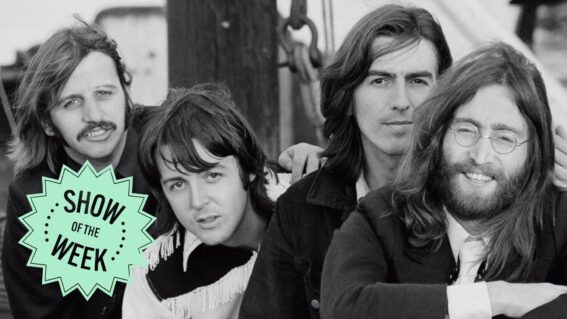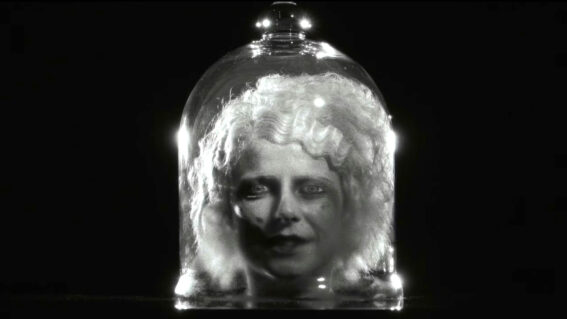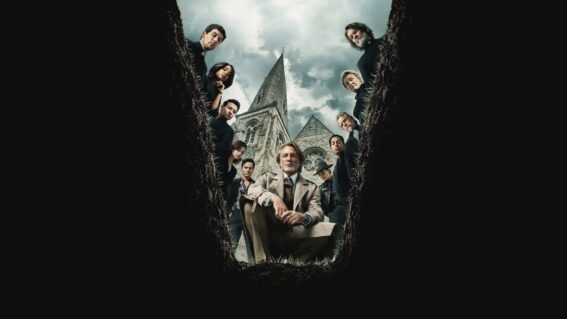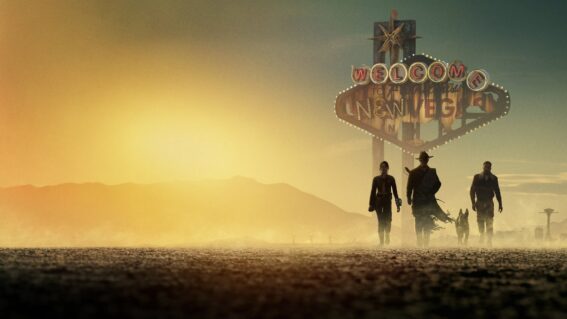Pike River interview: “It makes you feel like you want your country back”
Melanie Lynskey and Robyn Malcolm on Pike River, the true story of Anna Osborne and Sonya Rockhouse’s 15-year fight for answers and justice.
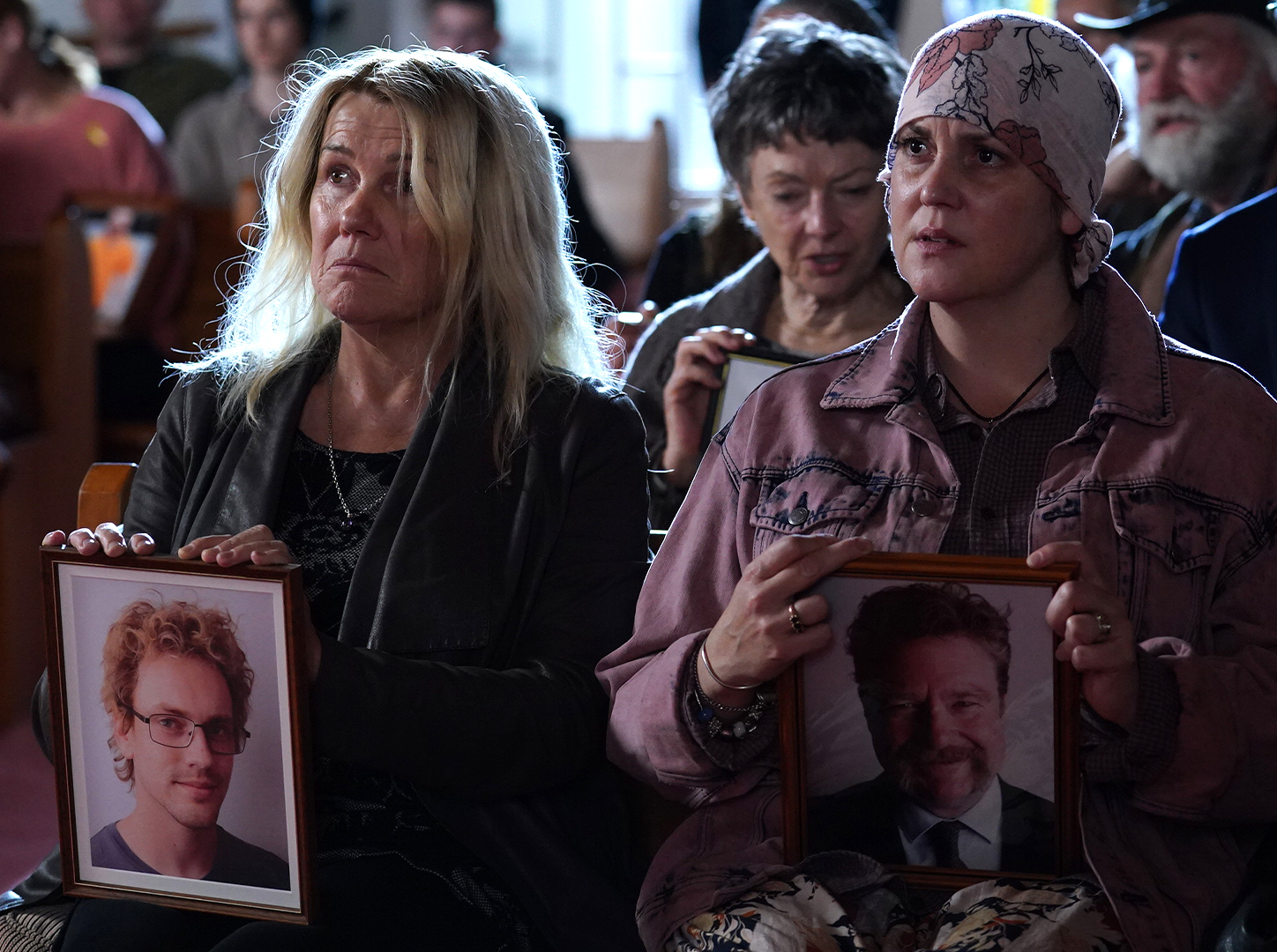
Since 2010, Anna Osborne and Sonya Rockhouse have fought hard to be heard in their pursuit of justice for deceased loved ones and their traumatised community. This made them fixtures on Aotearoa news, and a relentless thorn in the side of an seemingly uncaring establishment, one still seems intent on dodging accountability a decade and a half later.
On a seemingly ordinary Friday at work in November 2010, 29 men were killed in a foreseeable and preventable mining disaster. As the two women would later learn, among them was Anna’s husband Milt and Sonya’s youngest son Ben—although the families were initially filled with false hope by mining company representatives who likely knew much better. Their quest for answers, for those responsible to face the consequences of their actions, and for the men lost to be properly honoured, would reach the highest offices of the country, and the hearts of everyday New Zealanders.
Now, new drama film Pike River amplifies Anna and Sonya’s story. Instead of relegating them to the sidelines or calling time on their dedicated mission, Pike River adds weight to their voice and presence just when our country and workers need it most. And it finds fittingly strong reinforcements in portraying the real-life Anna and Sonya onscreen—two of our country’s very best, Melanie Lynskey and Robyn Malcolm.
As Malcolm puts it, the actors playing Anna and Sonya are standing on their real-life counterparts’ shoulders. “Even though the general story of Pike and the Pike families was public knowledge, the specifics of their independent personal stories, of course, no one was privy to,” she says. For Malcolm, knowing what they were up against personally and politically gives the big story a lot more power. “And so it’s an overused word, but it was a real honour to play them.”
And a responsibility, adds Melanie Lynskey, explaining she was able to let go of a lot of anxieties about the role when the real-life Anna made it clear she didn’t want an impersonation of her. Instead, the actor acknowledges an osmosis of aspects of the duo that bleeds through: “Some of the writing just sounds like them, and it makes it very easy.”
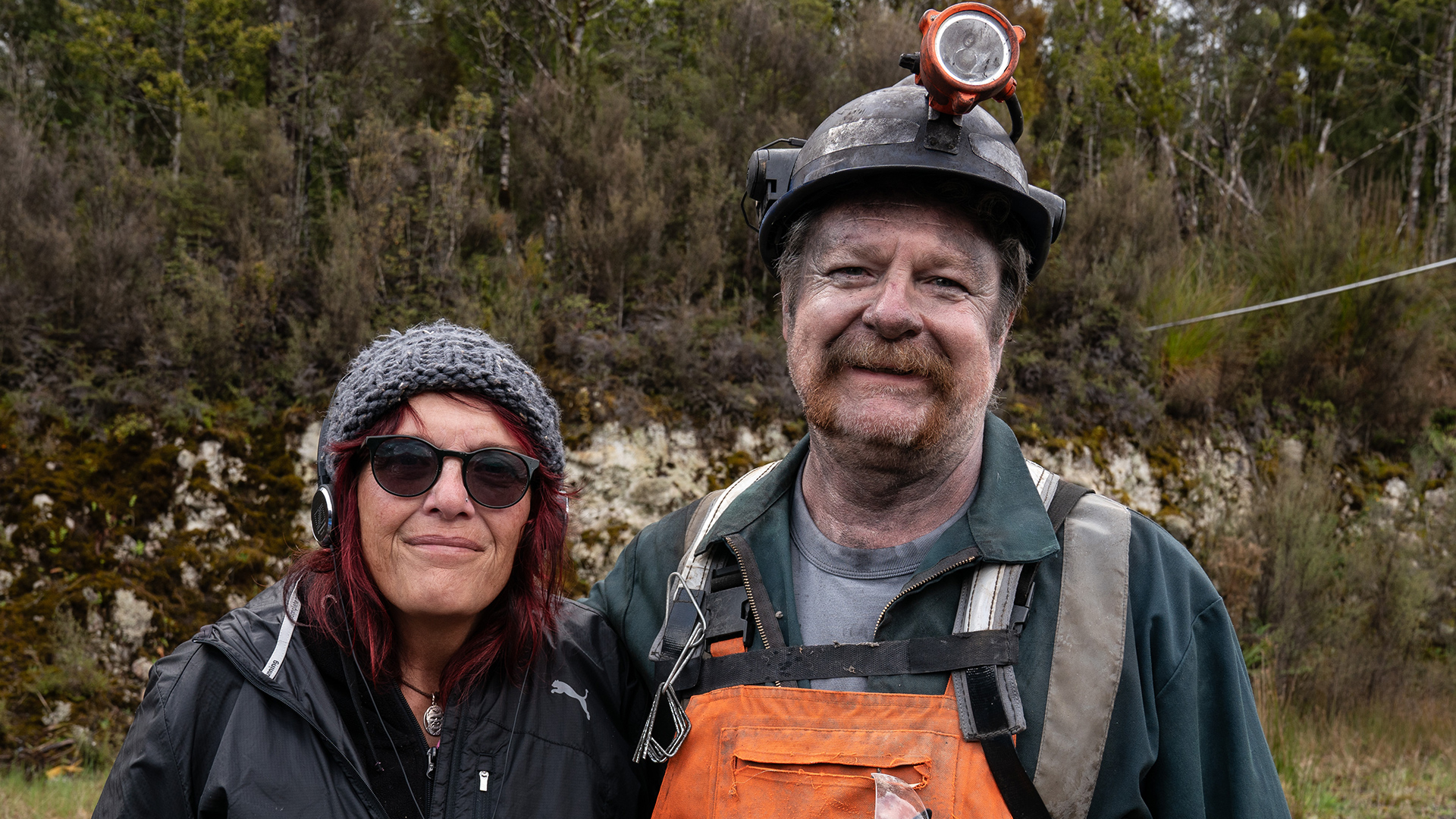
Anna Osborne on set
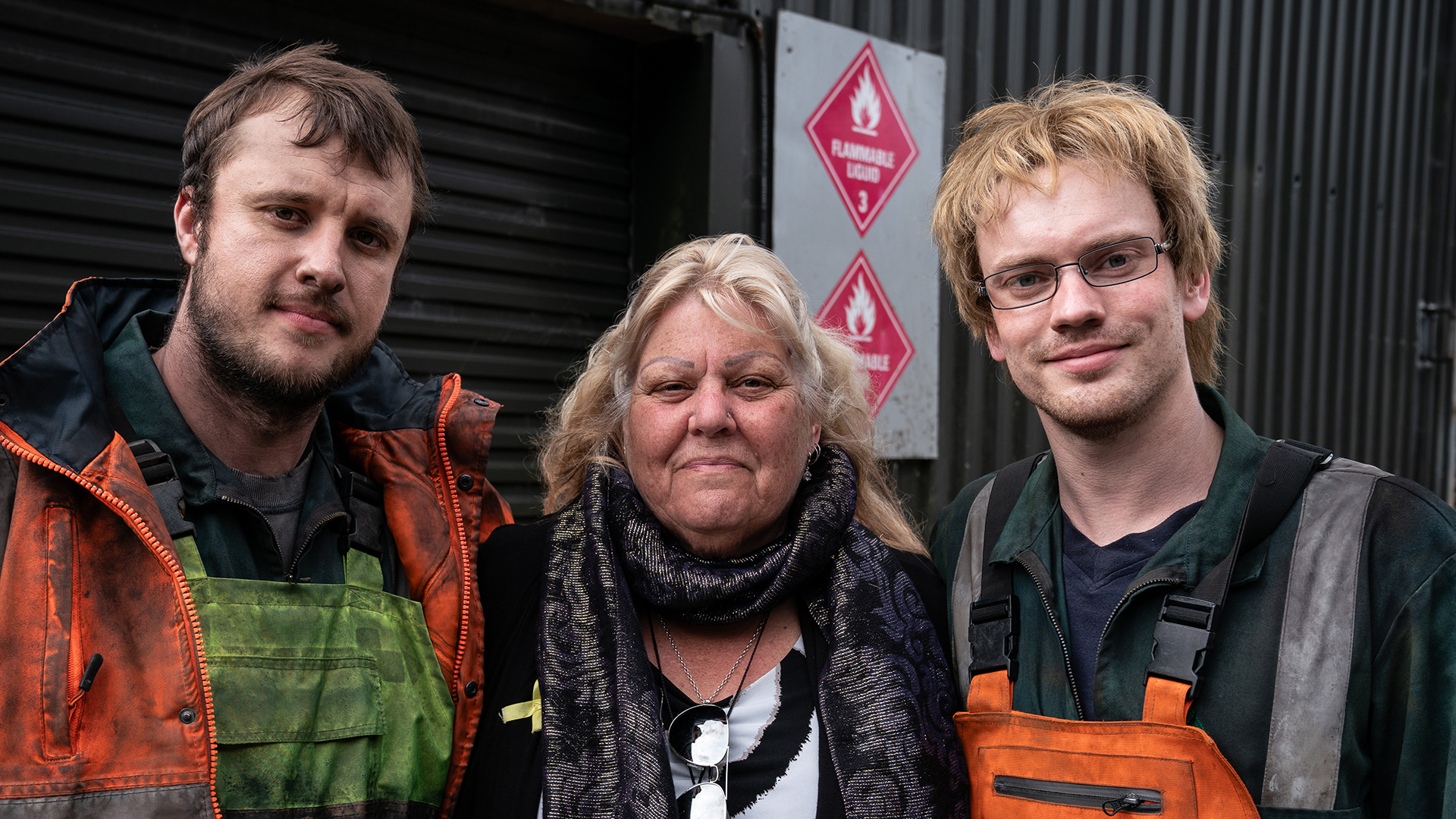
Sonya Rockhouse on set
Those involved with the film would know. Both Lynskey and Malcolm spent a lot of time with the women they portray, and Pike families were very involved in the production from the start. Many participated in candid research interviews with director Robert Sarkies and writer Fiona Samuel. And Sonya Rockhouse and Anna Osborne continued to be closely involved with the production to ensure accuracy.
“They gave us such permission to do our work,” Lynskey says. “They were not controlling at all, and were very, very loving and really generous.”
“And really honest, you know,” says Malcolm, picking up the thread. “I mean, even though there were aspects of their lives that they didn’t want covered, they were also really prepared to let the totality of them exist on film.” Malcolm cites Sonya’s relationship with food as an example of something difficult that she was nevertheless happy to have seen by audiences. “I guess when you have lived through that degree of grief and pain, you do end up having a very honest relationship with the world,” Malcolm suggests.
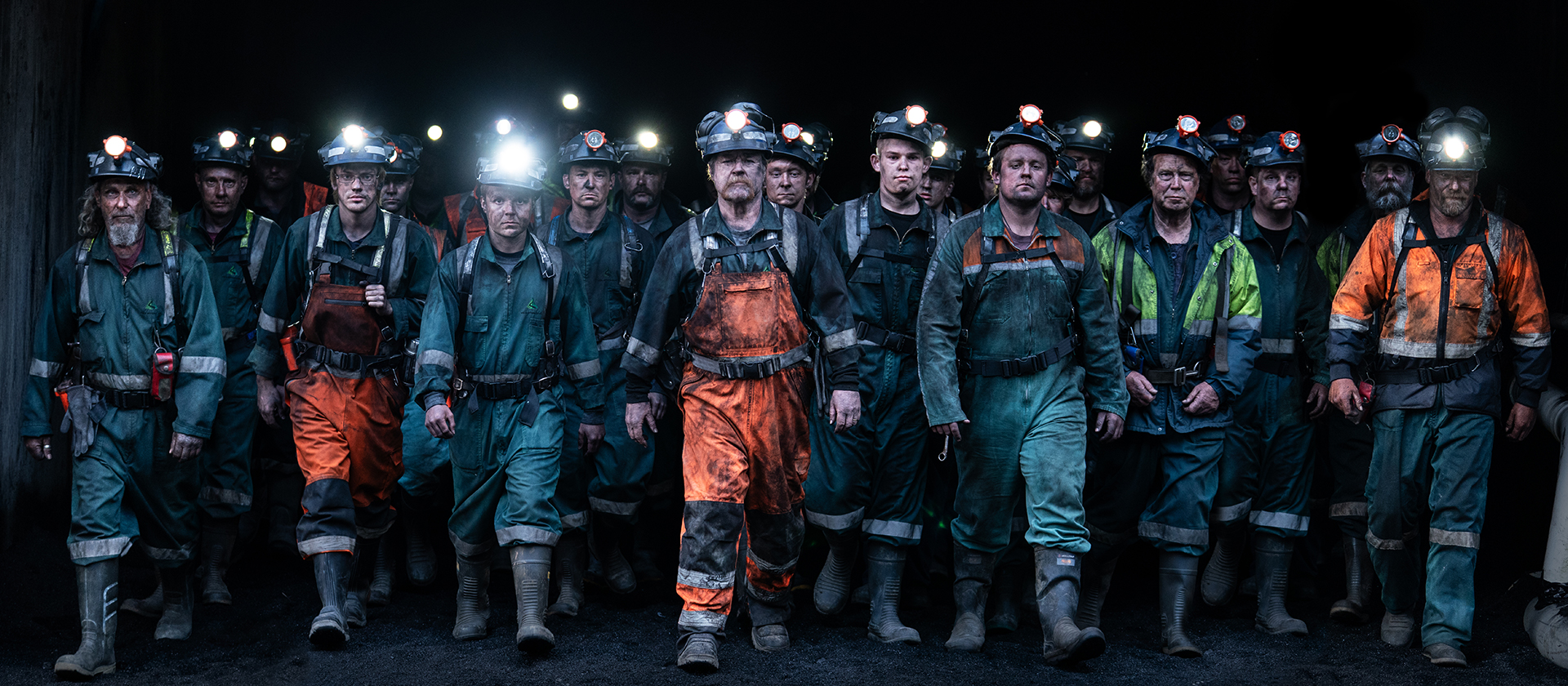
Pike River treats those who died with the utmost respect, honouring the stories of the deceased—including late, great unionist and activist Helen Kelly (played here by Lucy Lawless) who had a pivotal role to play in Anna and Sonya’s struggle. Of the miners, only a few have speaking roles, but all 29 are cast to resemble and honour each of the men who were killed. Robert Sarkies is resolute in telling this as a human story, and avoids what I can only call disaster porn by not recreating the fatal mine explosion.
That’s an expression that resonates with Malcolm (“I love that you said there was no disaster porn”). For her, it’s the scenes of miners joking as they go to work that carry weight, eventually followed by some blurry photos of the tragic aftermath. “You don’t need any of that stuff that some Hollywood disaster movie would do,” she says. “It tells the story perfectly, while not being gratuitous.”
And, crucial to Pike River’s focus on the people who lived through it, this approach reinforces what the women Malcolm and Lynskey are playing didn’t know. Sarkies’ film centres that complete absence of information, which then is followed by the absence of empathy and then the absence of justice in a horrible cascade.
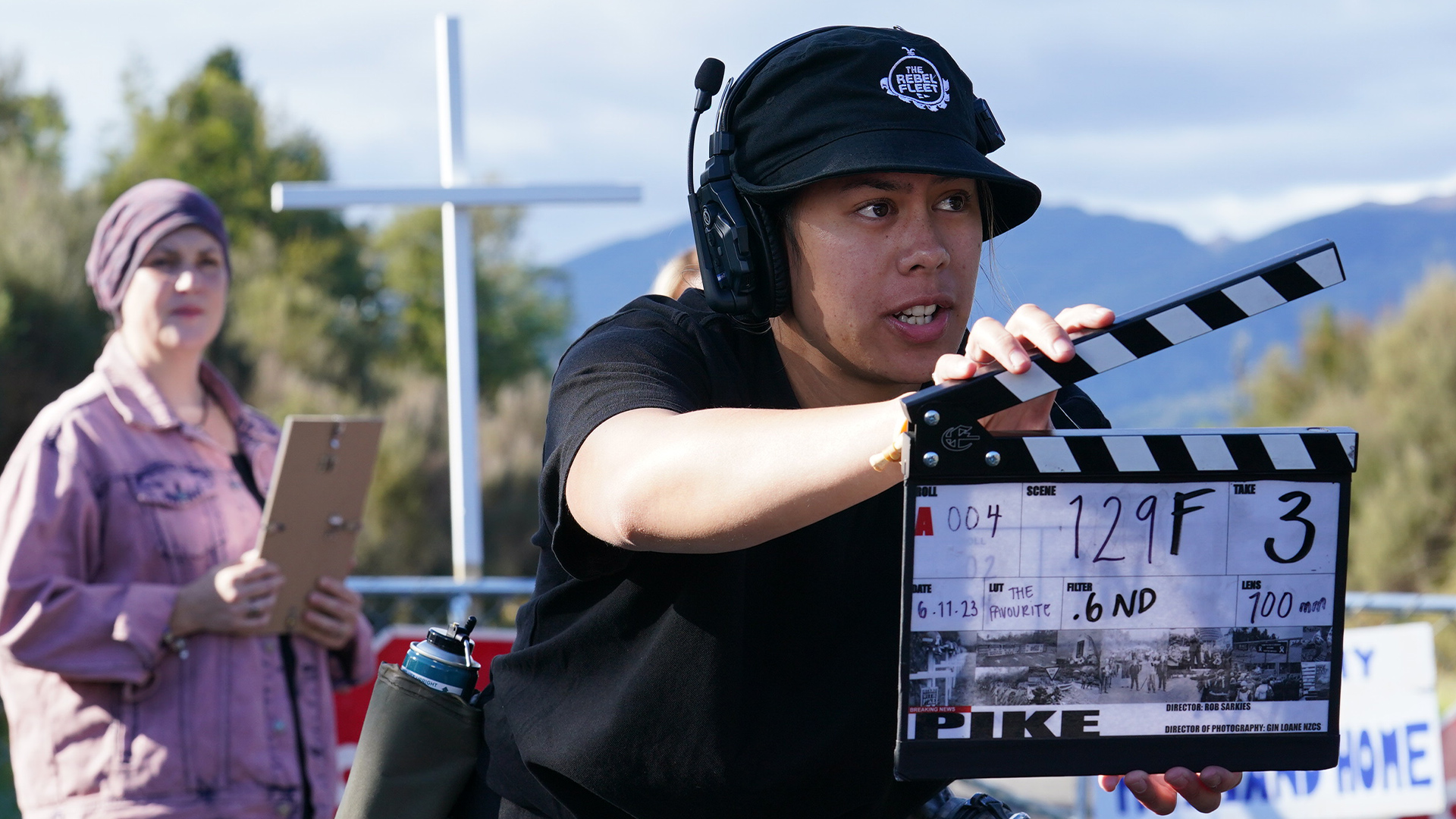
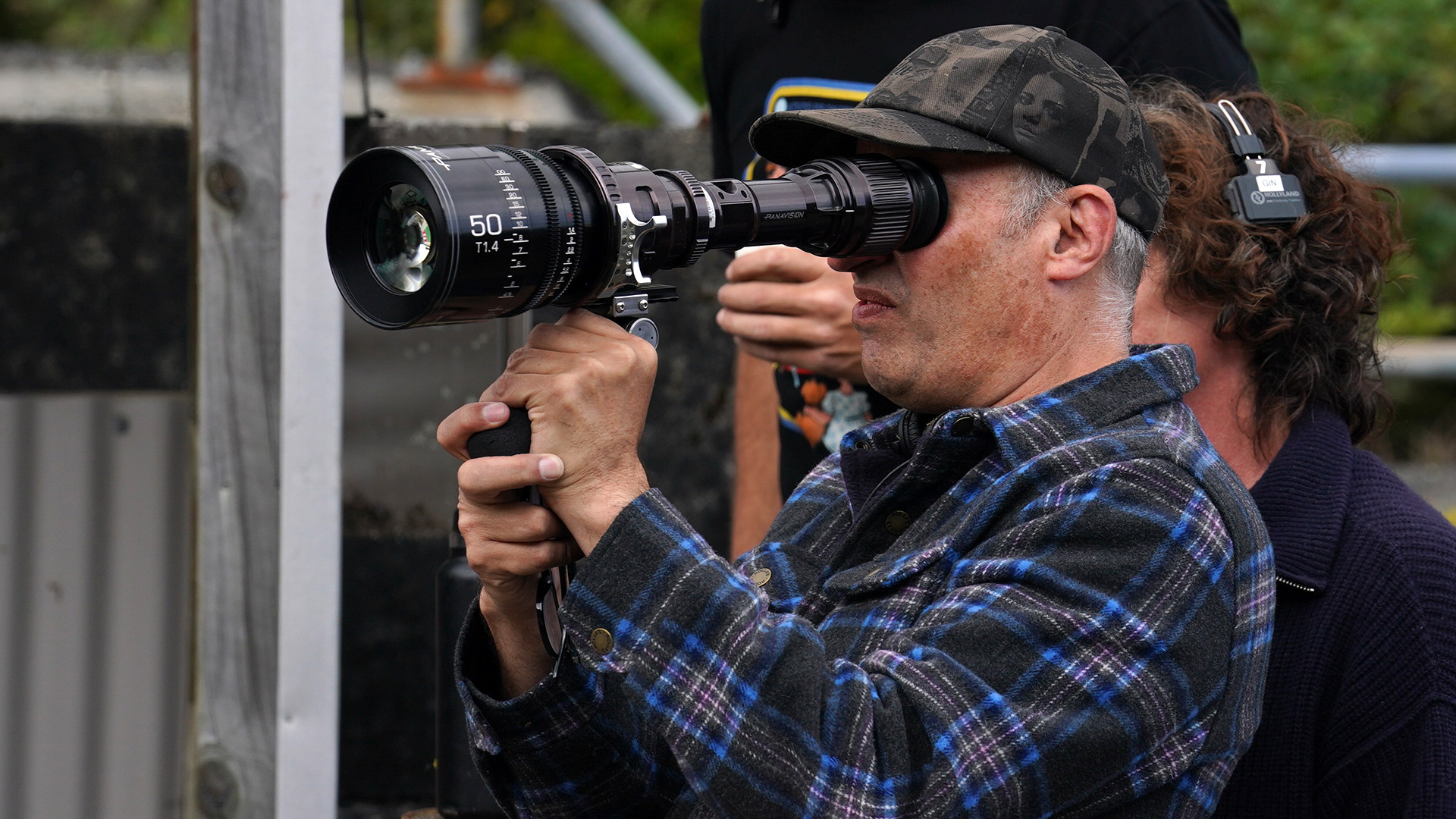
But before it gets to the mine—and the sadly avoidable deaths for which it will forever be known—Lynskey and Malcolm lead Pike River’s cast in bringing to life the people and community of Greymouth. Founded during the gold rush, and with an economy larger based on coal mining and forestry, it’s a predominantly working-class town with a population under 10,000. A tragedy of this scale for a community of this size—especially with mining such a crucial source of employment—meant that the impact of the disaster was felt by everyone there.
Soon it would be felt by everyone around Aotearoa thanks to sustained news coverage that couldn’t be matched by today’s eviscerated newsrooms. The media would prove vital for Anna and Sonya’s fight—as Pike River damningly illustrates, without this conduit to the public, Greymouth’s location, size and demographics made it easy for the establishment (business, courts, police, and government all the way up to then-Prime Minister John Key) to try and ignore.
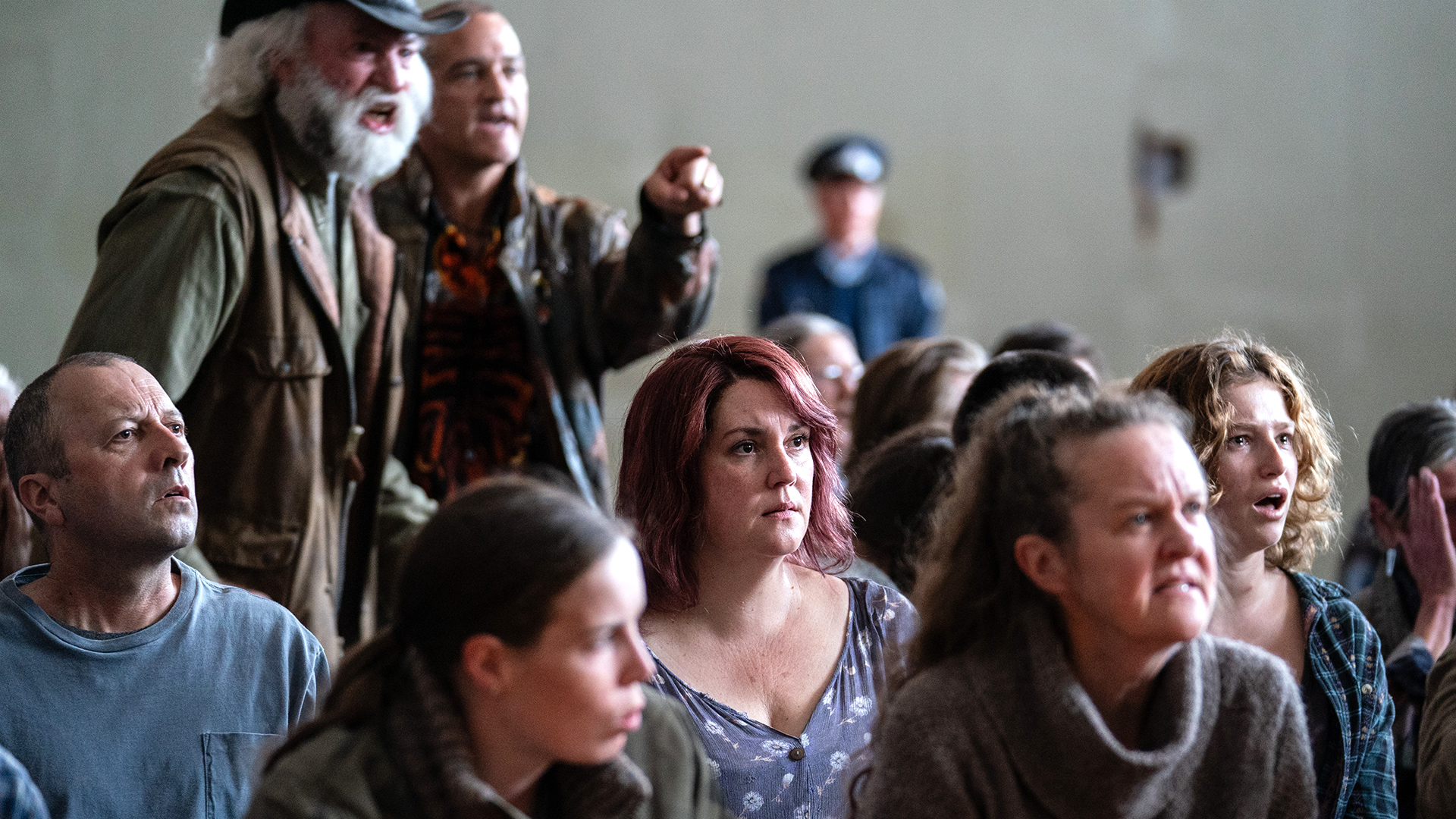
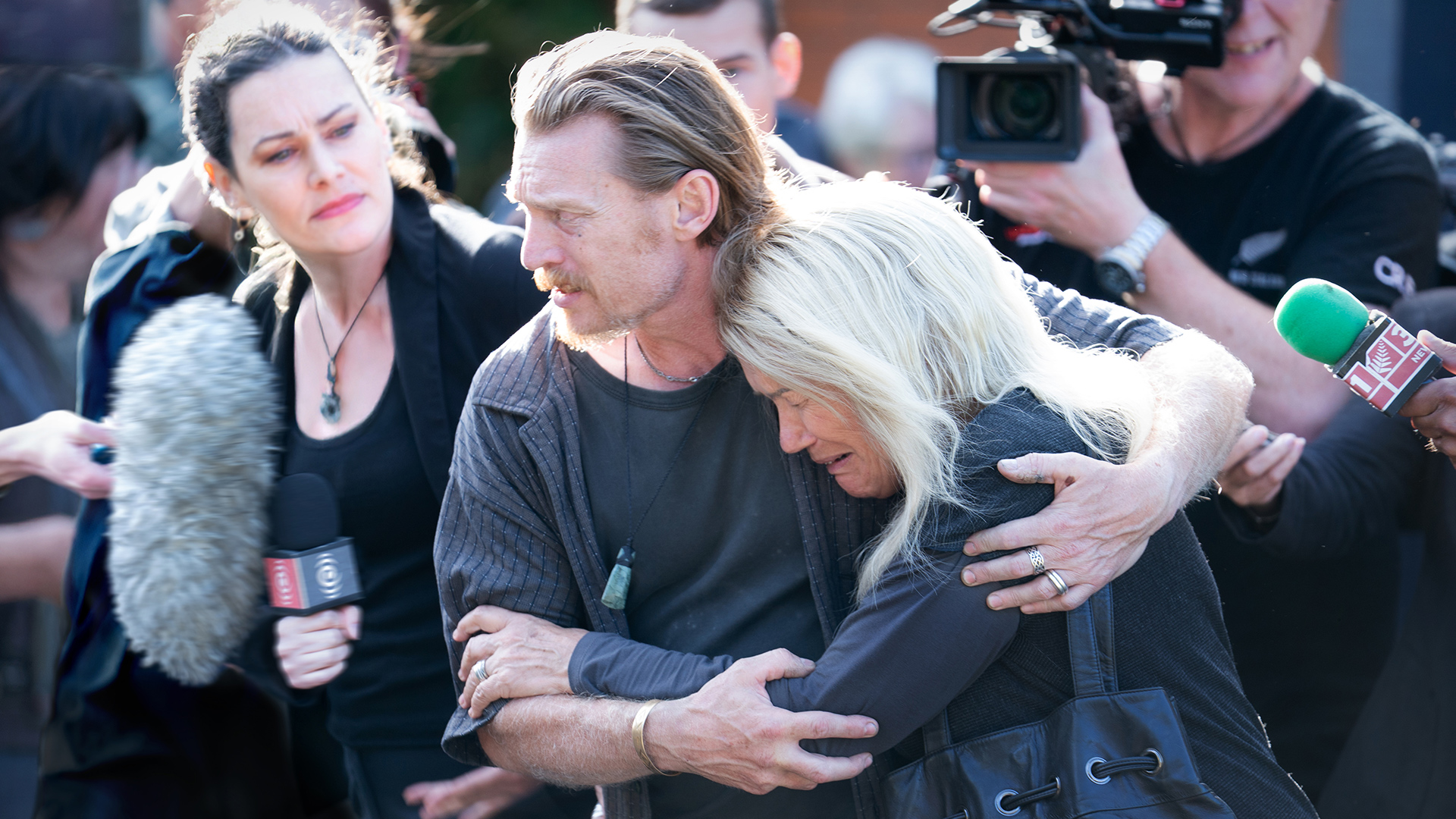
Appropriately, Greymouth hosted the New Zealand premiere of Pike River, and there Lynskey got further confirmation of how much this meant to those living there. “Not just to be there for the premiere,” she clarifies, “but to be seen, to have the story be told, and to have it be filmed in their town.”
Lynskey has an affinity for moments of the movie “where you see that community and all the individual characters, because every actor got to meet the person they were playing, and everybody’s so real, everybody’s interesting”.
“Those are my favorite moments of the movie,” she says, “because they feel the most honest to me. Like standing around the bonfire and just the connections and the life in that town.”
For Malcolm, there was something special about the town, too. She describes a very powerful sense in Greymouth of having been part of a storytelling machine, reflecting back to the community their experience. “It felt like primal storytelling,” she says. “I mean, it really felt like that’s why we do what we do, is to hold that mirror up, and then it becomes a cathartic thing for everybody.”
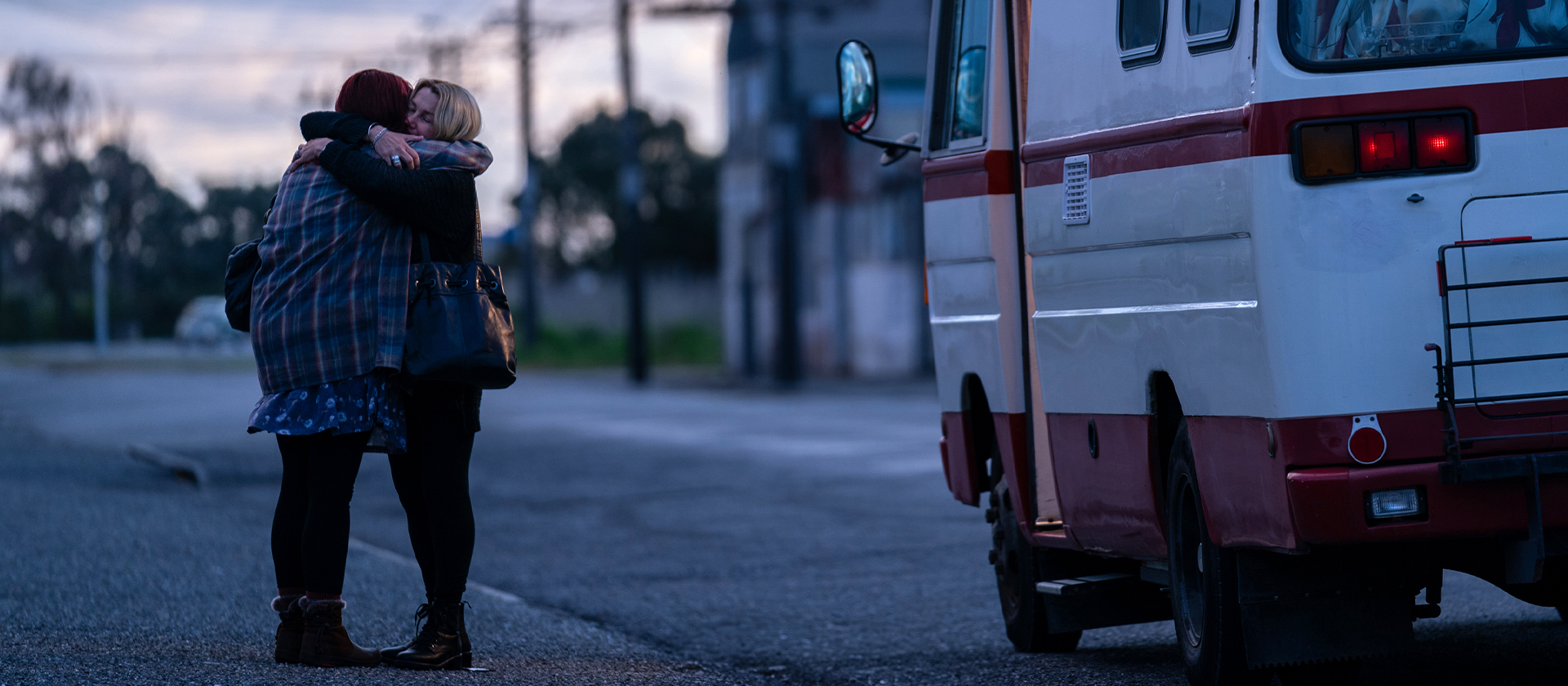
At times Pike River feels like it’s holding up a mirror to an overlooked Aotearoa, the sort of working class, small-ish town that seems not to be in our country’s focus at all anymore—but used to play a big role in our sense of national identity. When I enquire about the experience of giving more exposure to the kinds of personalities and people that come from there, Malcolm is firm and to the point. “It makes you feel like you want your country back,” she says. “You know, it really does. It makes you feel like this is who we were.”
These comments make me reflect on my own experience watching the film, during which I felt anger towards our country increasingly being middle-managed as opposed to being led, and more and more seeing an absence of compassion demonstrated by those in power. It’s a sense of a changed Aotearoa that is shared by Lynskey.
“As someone who has not lived in this country for a long time, but does return back, I’ve always had such a pride in how the country’s run, and how different things are here,” Lynskey says. “How it has been a much more feminist society than other places I’ve lived. I’ve always really held on to that, being from Aotearoa. It’s different, and it’s very disheartening, to feel that sort of slipping away.”
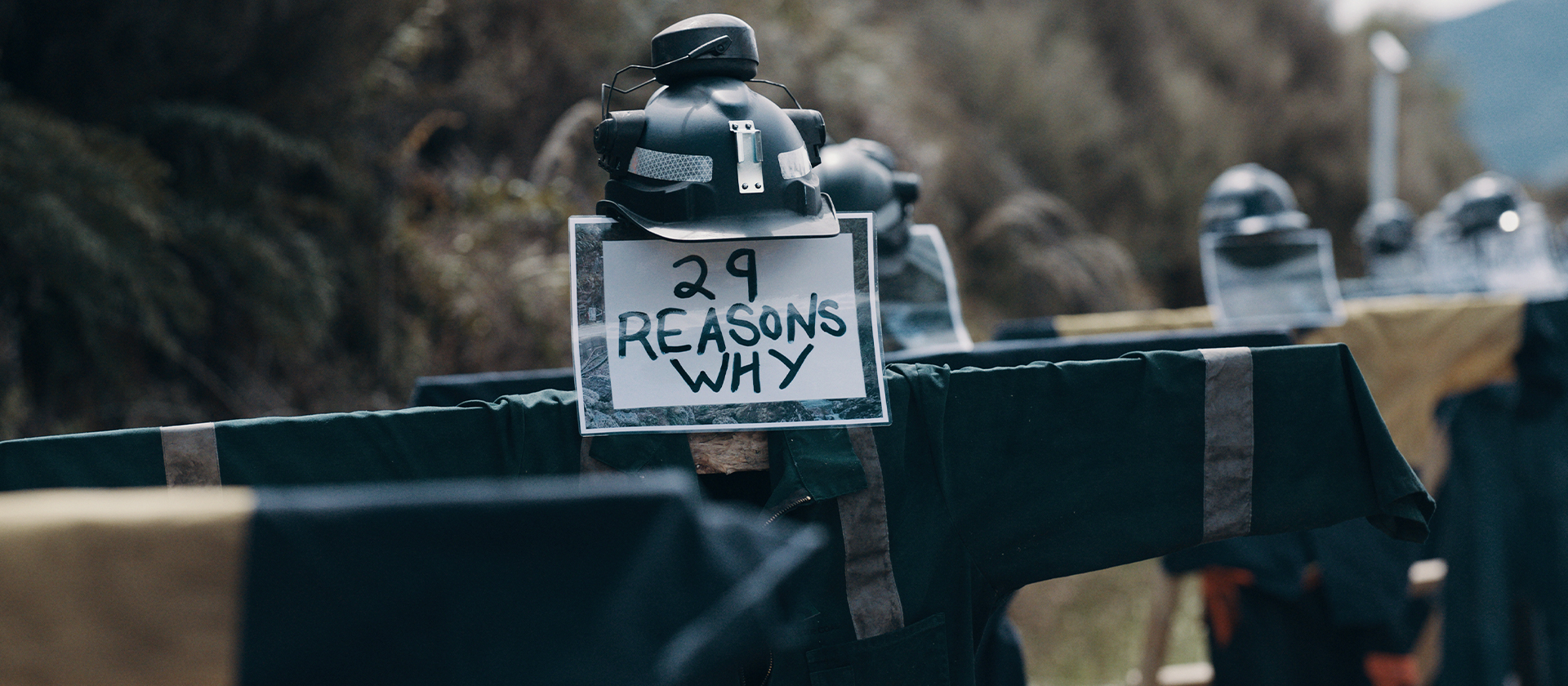
Malcolm highlights the level of disregard shown by authorities and mine management in their first promises to get the 29 men out, probably knowing full well they never would. “It was just like, ‘we can tell these little people anything they want, and they’ll just get off our backs’, you know. ‘We’ll give them $110,000 each, and they’ll be sweet.’”
It’s outrageous, she says, noting it wasn’t even their money, it was an insurance payout. “You know, it’s so fucked up, it really is.”
Anna and Sonya’s tanks were so low back then, and they gave everything they had for other people, Malcolm says—as well as themselves, because they’d experienced this great loss. “They are now out there fighting for justice, for the families of the Pike River mines, but also for health and safety in the workplace, for everybody. They, to me, represent the real heart of who we are here.”
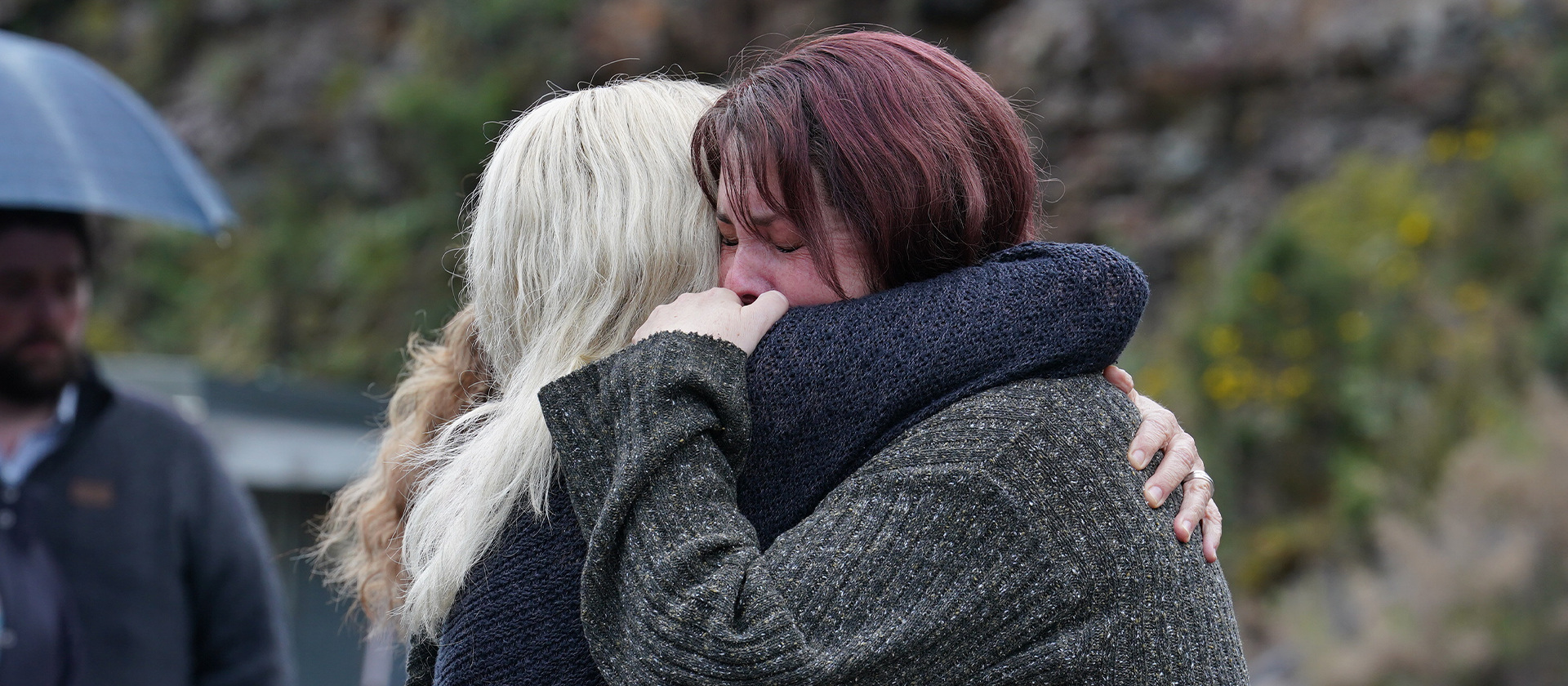
So, as Pike River approaches its official cinema release date, what are the actors’ hopes when audiences discover it—and do they expect any ripple effects?
Malcolm is optimistic at the film’s potential—that Sonya and Anna really get seen, that the families really get seen, and they really get heard. As for broader impacts, “I just hope that it reignites everything around this issue and that New Zealanders really feel proud of who they are.”
Specifically, she draws a parallel between Pike River and the current Government’s Fast-track Approvals Act, touted as making it easier and quicker to gain approvals for development and infrastructure. “Sonya and Anna have been talking a lot in the last few weeks about the fact that—because of the fast-track bill that this government has—health and safety in the workplace, particularly around mining, around forestry, is all starting to fall away again,” Malcolm says. “They’re furious about that, because that’s why that mine blew.”
And when Sonya and Anna say something publicly—which will happen again soon, according to Malcolm—her hope is that it gets noticed and it gets listened to. “Because aside from being feisty, committed people, they’re clever, clever women, and they’re across the politics of this like nobody else,” she says. “They had the training of Helen Kelly, you know.”
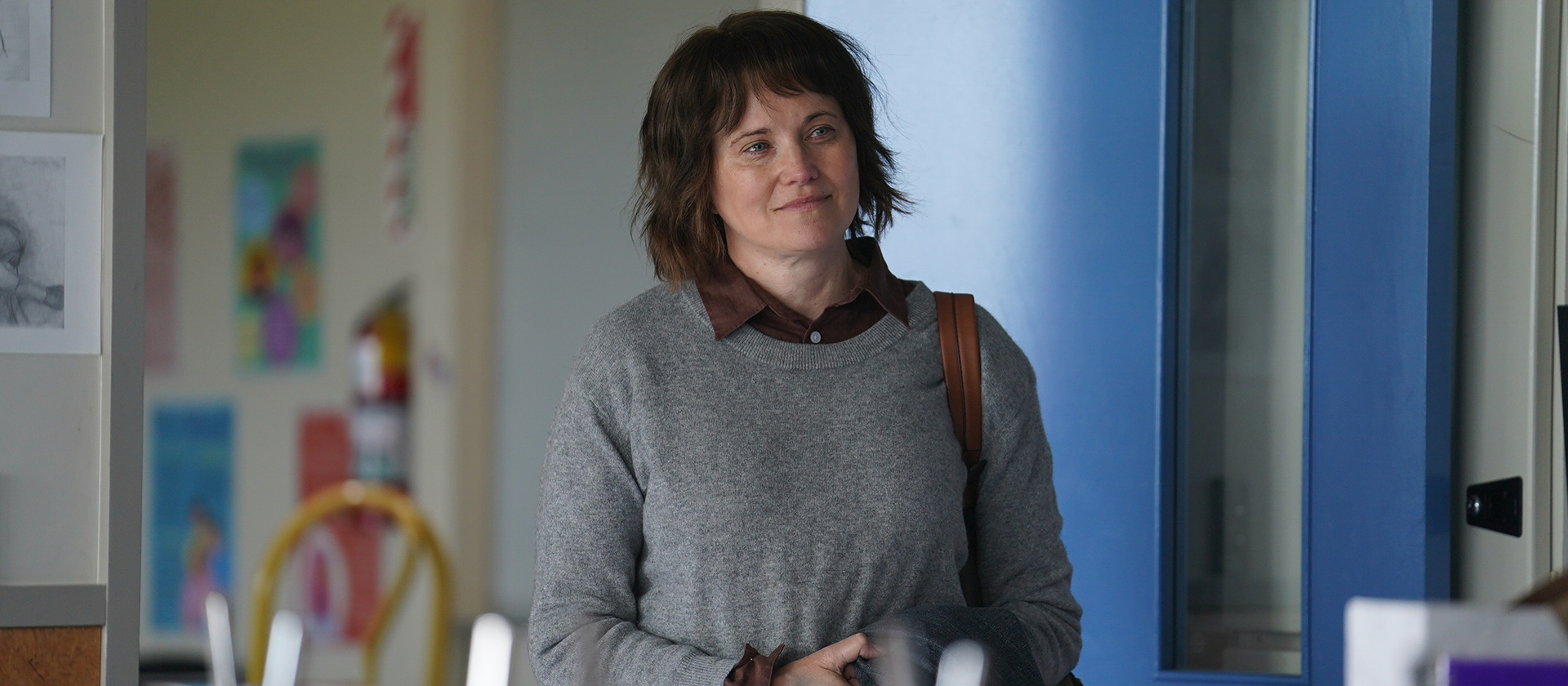
Lucy Lawless as Helen Kelly
Lynskey is similarly energised. “I think we are living in a moment in time where it’s imperative for us to understand that we need to keep fighting back,” she says. “And I hope that encourages people. You’re not always going to be heard and you’re not always going to get the outcome you want, but you have to keep going.”
Seeing these two women who lost so much and who still find the strength to keep going is an incredible thing to witness, she says. But the present is challenging to reckon with nevertheless. “I feel so desperate right now,” Lynskey confides. “I’m just like, oh God, we just have to keep fighting, even though it feels impossible.”
INTERVIEW EDITED FOR LENGTH AND CLARITY






